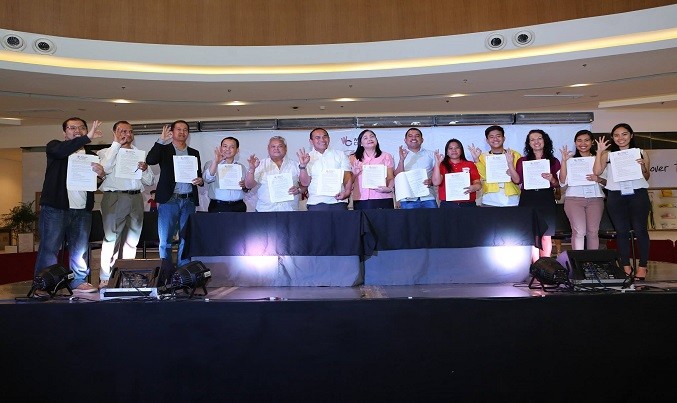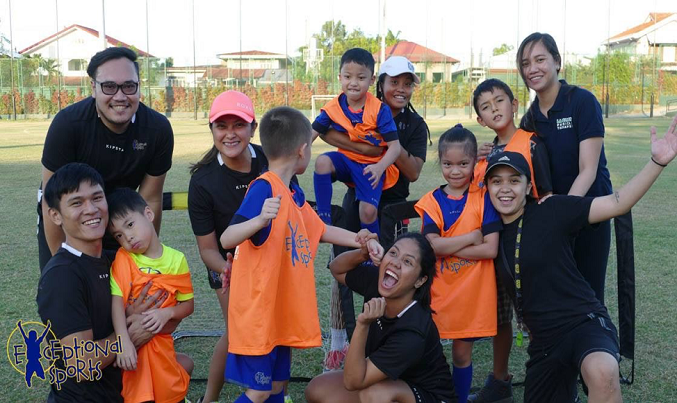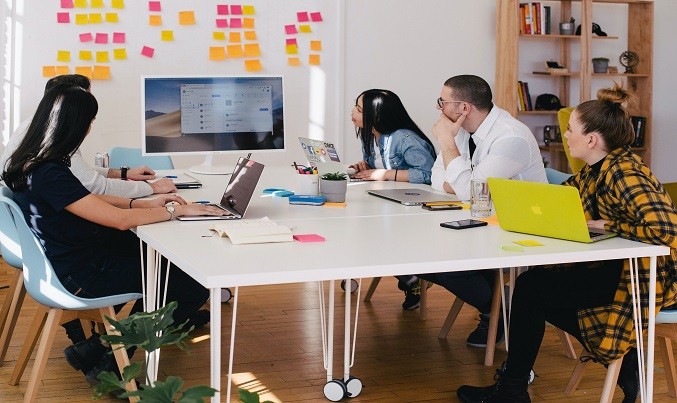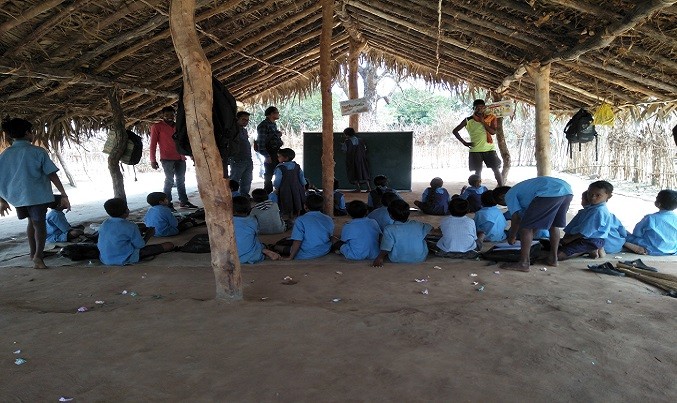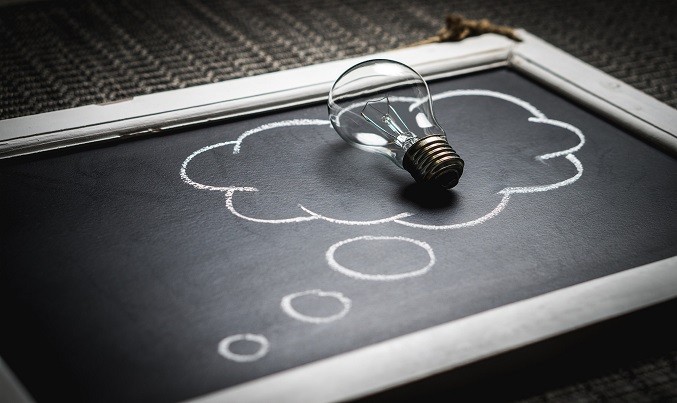A collaborative, preventative, bottom-up approach to well-being might hold the key to better mental health for development professionals globally, writes Hitendra Solanki.
The Wellbeing Cluster story originally began in 2016, as part of the work of the Mindfulness and Wellbeing component of the Start Network’s “Transforming Surge Capacity” project, funded by the UK’s Department for International Development (DFID), which ran between 2015 to 2018.
The project explored how wider well-being approaches could be improved and transformed within the humanitarian sector. Along with the UK, Thailand, Pakistan, and the Philippines were the focal countries for the project.
Limited well-being infrastructure
At the time, in the midst of growing evidence regarding the impact of humanitarian work on the mental health of aid workers, it became clear that mechanisms and infrastructure for supporting the mental health and well-being of humanitarian aid workers seemed poorly developed, both within agencies, and across the sector in general.
As the project progressed, it became increasingly clear that where well-being structures did exist, mostly in well-funded and resourced INGOs, these actually tended to be patchy at best, and focused mainly on the recovery and treatment end of the spectrum, with very little emphasis placed on establishing preventative approaches to mitigate mental ill-health.
Grassroots learning
Importantly, smaller, local NGOs in-country, with fewer resources, which are often the first-responders during natural disasters and emergencies, and whose personnel bear the brunt of such stressful interventions, were often the least prepared, despite having potentially greater needs for well-being and mental health support.
Even with hundreds of discussions with senior management and chief executives of local and international agencies across countries, there was a realization that for a variety of reasons, a top-down approach to tackle the mental health crisis individually within each agency, and one by one, may possibly entail a long, slow, and arduous journey towards addressing this urgent need.
With this realisation, the focus shifted from an individual top-down approach, to exploring how a pluralistic grassroots bottom-up approach may offer a better alternative and catalyst for change.
The Wellbeing Cluster1 approach was a result of these deliberations.
“Wellbeing Cluster” approach
1The Wellbeing Cluster is an entirely different entity from the UN emergency cluster system, and the term was chosen as a benign way to highlight the need for mental well-being to be equally prioritized within the humanitarian sector.
This first pilot Wellbeing Cluster was launched in July 2018, in Cebu City, in the Philippines2.
Simply defined, the Wellbeing Cluster is multi-stakeholder platform to link local and national NGOs with INGOs, governmental departments, academia, communities, youth organisations, mental health experts, and other key stakeholders, in working together and strategically building the resilience and capacity of individual aid workers and their respective organisations in relation to well-being and mental health.
The aim was to develop a practical new approach within the humanitarian architecture, whereby local agencies work together altruistically in pooling and sharing their resources around well-being. This multi-stakeholder approach also offers value for money, as costs are effectively reduced, trainings are shared, and the capacity of organisations are increased.
Ultimately, the Wellbeing Cluster would be a collaborative environment to connect and elevate good practice across all stakeholders and communities, especially local NGOs.
In practice, as the Cluster evolves, this would entail regular planning and coordination meetings, pre-deployment trainings, coordination mechanism and support services during crises, and post-deployment debriefings and learning to further improve and inform good practice.
The implications for resilience building and preparedness at a grassroots level, in a locally contextual manner are positive, allowing greater planning and coordination in relation to well-being support before, during, and after an emergency.
Evolving and growing
The Wellbeing Cluster in Cebu has now been operating for 18 months.
In this short time, it has brought together an impressive array of stakeholders, from INGOs, NGOs, Philippines Red Cross, universities, youth groups, community-based organisations, and has been recognized by the Philippines Department of Health, various other local government departments, as well as UNOCHA (United Nations Office for the Coordination of Humanitarian Affairs).
The Cluster has also helped provide psychosocial responses following critical typhoon and earthquake emergencies within this period, organized several high-profile mental health awareness events, and is now a recognized humanitarian player within the Philippines.
In essence, the Cebu example demonstrates that the “cluster” model works.
The success of the Wellbeing Cluster is due to a genuine grassroots and community-led approach and the pragmatic spirit from local leadership within RAFI and CENVISNET. Despite numerous challenges of funding and resources, and a lack of blueprints guiding the way, the Wellbeing Cluster has nonetheless trailblazed boldly on its journey. This has major implications in how well-being might pragmatically be addressed and supported within the humanitarian sector, and how the model could be replicated and expanded.
2Led by the Ramon Aboitiz Foundation Inc. (RAFI) and The Central Visayas Network of NGOs (CENVISNET), the project was initially created and funded by Action Against Hunger UK (ACF-UK), with additional funding from the Humanitarian Leadership Academy (HLA).
Sharing their learning journey thus far may potentially offer real solutions, and critically, provide a new blueprint that may guide others towards resilience and mental well-being.
